
October 2020 Pastor’s Corner – Pulling Together — For The Kingdom

He handed out gifts of apostle, prophet, evangelist, and pastor-teacher to train Christians in skilled servant work, working within Christ’s body, the church, until we’re all moving rhythmically and easily with each other, efficient and graceful in response to God’s Son, fully mature adults, fully developed within and without, fully alive like Christ.— Eph. 4:11–13 THE MESSAGE)
For this reason I remind you to fan into flame the gift of God, which is in you through the laying on of my hands, for God gave us a spirit not of fear but of power and love and self-control. — 2 Tim. 1:6–7The saying is trustworthy: If anyone aspires to the office of overseer, he desires a noble task. — 1 Tim. 3:1
Rev. David Garrison
Read more...

September 2020 Pastor’s Corner – How to Vote in November

“But seek first the kingdom of God and his righteousness, and all these things will be added to you.” (Matt. 6:33)
There’s More Than Just the Presidency
Vote for the Kingdom of God
Vote Your Conscience
Disagree with Grace
Accept the Results with Humility and Submission
Read more...
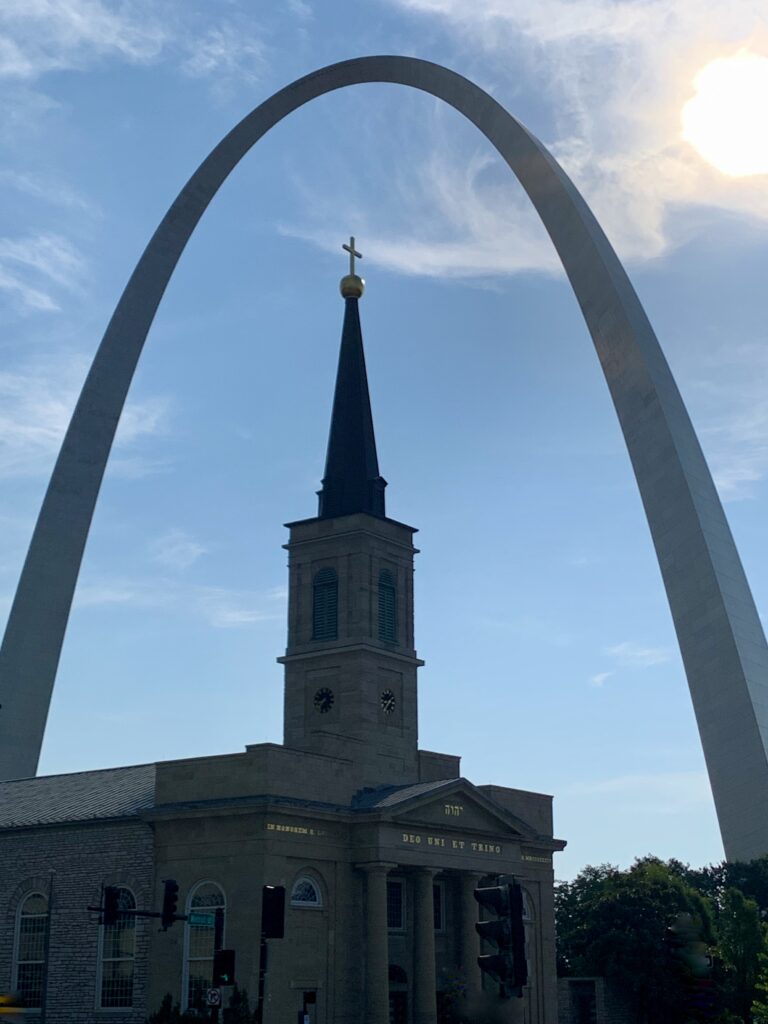
August 2020 Pastor’s Corner – Essential?

“What good is it, my brothers, if someone says he has faith but does not have works? Can that faith save him? If a brother or sister is poorly clothed and lacking in daily food, and one of you says to them, “Go in peace, be warmed and filled,” without giving them the things needed for the body, what good is that? So also faith by itself, if it does not have works, is dead.” (James 2:14–17)
Essential?
The Essential Church?
Rev. David Garrison
Read more...

July 2020 Pastor’s Corner – Masking Our Freedom?

Owe no one anything, except to love each other, for the one who loves another has fulfilled the law. For the commandments, “You shall not commit adultery, You shall not murder, You shall not steal, You shall not covet,” and any other commandment, are summed up in this word: “You shall love your neighbor as yourself.” Love does no wrong to a neighbor; therefore love is the fulfilling of the law. (Rom. 13:8–10)
Read more...

June 2020 Pastor’s Corner – How’s This for Unexpected Irony?

Pentecost brings to a close the first half of the Christian year. The seasons of Advent, Christmas, Epiphany, Lent, and Easter trace the grand arc of God’s saving action in Jesus Christ. In addition to that rhythm, we have spent the past 90 days reading through the entire Bible. It’s felt something like a whirlwind. Then add in the chaos we’ve all experienced in our lives and our world with the coronavirus pandemic, and it’s enough to leave you dizzy, confused and probably a little overwhelmed. At this point, most all of us are yearning for just a little bit of ordinary.
The second half of the Christian year is one long season called Ordinary Time. This year, Ordinary Time begins today, June 1. As Philip Reindeers explains, ‘“Ordinary” doesn’t mean boring or second-rate but simply “everyday.” The Christian faith is not an otherworldly faith; it’s about this creation, your life, these days. Ordinary Time gives us the space to consider all the implications of God’s salvation in Jesus Christ for our day by day, week-in, week-out lives.’ As we find ourselves yearning for something of the ordinary in these very extraordinary times, the Christian calendar offers an invitation to consider the implications not just of all that God’s salvation in Christ means for our daily lives, but also how this pandemic is impacting us as well — and perhaps even to ask how does the Gospel inform and affect our understanding of the pandemic’s impact?
So here’s what I want you to do, God helping you: Take your everyday, ordinary life—your sleeping, eating, going-to-work, and walking-around life—and place it before God as an offering. Embracing what God does for you is the best thing you can do for him. Don’t become so well-adjusted to your culture that you fit into it without even thinking. Instead, fix your attention on God. You’ll be changed from the inside out. Readily recognize what he wants from you, and quickly respond to it. Unlike the culture around you, always dragging you down to its level of immaturity, God brings the best out of you, develops well-formed maturity in you. (Rom. 12:1–2 MESSAGE)
Blessings,
Rev. David Garrison
Read more...

May 2020 Pastor’s Corner – What to do about Communion?

We are about to begin our second full month under quarantine, and under normal circumstances we would be celebrating the Sacrament of the Lord’s Supper. As we all know, however, these are not normal circumstances. How do we celebrate the sacrament in these times? Should we celebrate the sacrament during these times? Is it possible to celebrate the sacrament “virtually”? These are questions pastors and elders have been wrestling with over the past month.
As the kids say these days, the “TL;DR” (too long; don’t read) answer that your Session has come to, is that for right now we, once again, will not be celebrating the Sacrament this month.
Now for the (slightly) longer version.
As said, these are unusual times. Someone commented to me the other day how much they appreciated the online worship service, as it provided a sense of ‘normal’ in very abnormal times. That’s one of the key reasons why we are doing our best to keep the order of service as much as normal as possible. But, these are nevertheless unusual times, and there are some things we might normally do that we hold off on until we get back to normal, and the Lord’s Supper is one of those things. Our “virtual worship” is a blessing, but it is not a replacement for the real thing.
The Sacrament of the Lord’s Supper is inherently communal and physical. As a visceral, physical experience it is one of the most tactile moments in our worship service. It involves all of our senses – taste, touch, smell, sight, and sound. It is also communal; it is an act of the community. While we are symbolically together through Facebook Live, yet we are not physically together. It’s like when traveling for work. I can still FaceTime my wife and kids, which is better than a phone call, but it’s not the same as being physically present with them.
Much like the spiritual discipline of fasting is meant to remind us of our deeper longing and need for God, it is our hope that as we “fast” from communion, it would remind us of how the sacrament serves as a ‘sign and seal’ of our salvation. As one theologian said regarding this absence, “the practice of the sacrament is an aid to our faith, it’s absence is not a detriment.” It is our hope and prayer that the absence of the sacrament will foster in each of us a longing for that wondrous day when we, once again, gather together as a congregation to worship our Savior and celebrate this sacrament once again.
Blessings,
Rev. David Garrison
Read more...

April 2020 Pastor’s Corner – The Conundrum of the Cluster

The Conundrum of the Cluster
The Church Scattered
The Church Closed. Or is it?
A couple of years ago, God gave my associate pastor a vision of our church having transparent walls. For two years, we have been wondering how on earth God was going to turn stone and stained glass into transparent walls. We got the interpretation today. He’s making them transparent by locking our doors. Suddenly people will be able to see in from the outside! May God make transparent all the walls of our churches, that the world may know the Good News of Jesus Christ… He has been preparing us for this since November. We just didn’t understand what he was saying until now. Our church is being called to love and serve one another. We are the church sent out, not the church closed!
The Church Sent Out
Rev. David Garrison
Read more...
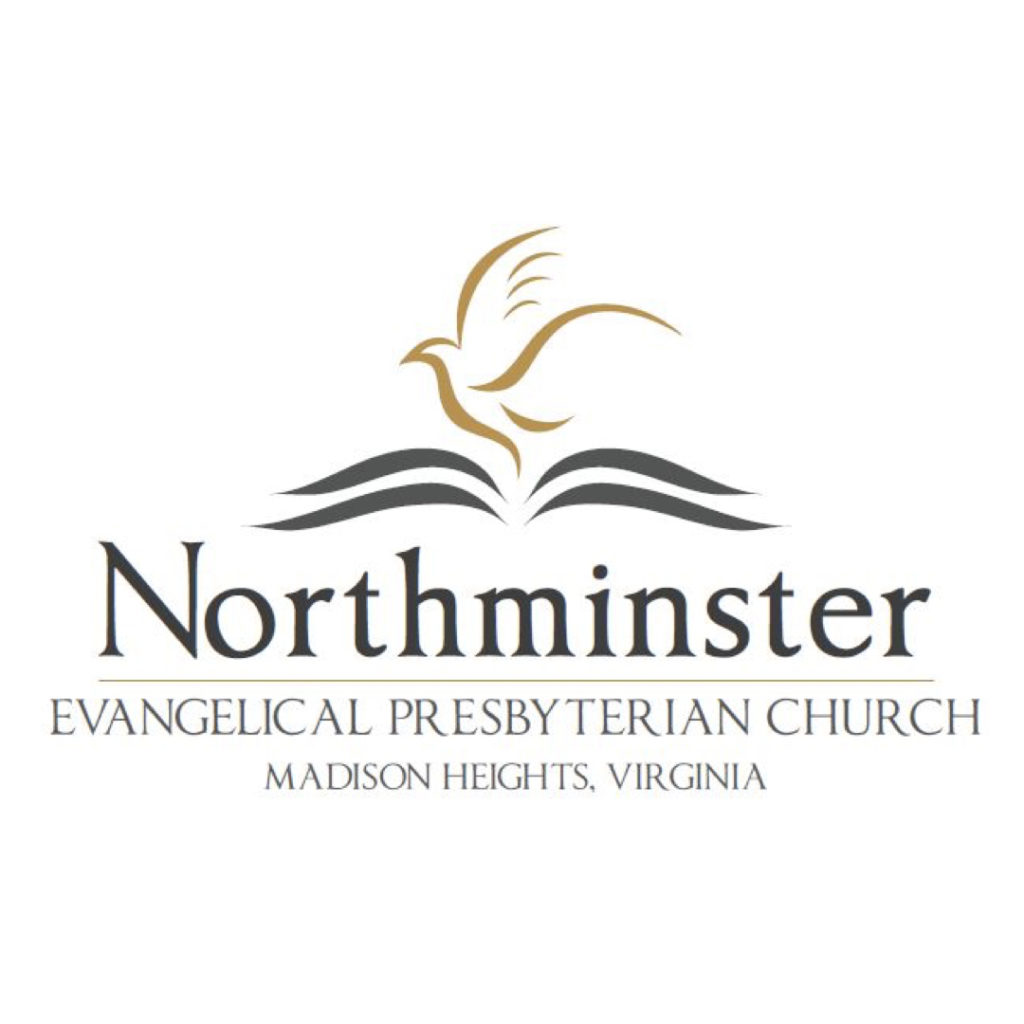
NEPC’s Response to COVID-19

March 18, 2020
Dear Friends,
We are in unprecedented times, being forced into new patterns of being that feel unnatural and strange, but are ever so necessary in order to “flatten the curve” and slow the spread of this pandemic. The rhythm and flow of our “normal” lives has been completely disrupted, and we’re just beginning to experience what this is going to be like. It’s hard, it’s scary, and it’s frightening. What are we to do? Well, there are a few answers to that, which I’d like to share with you today.
What am I to do?
Be wise and prudent, but not fearful. We can take the novel coronavirus seriously and apply appropriate social distancing and good hygiene without falling into fear. I encourage you to follow the guidelines issued by the CDC and the federal and state governments. Wash your hands often, don’t touch your face, stay 6’ away from others, and avoid large group gatherings. But even with those efforts you might contract the virus. Whether you do or not, you are always in Jesus’ hands. He is present with us in our isolation, our quarantines and even more in our illnesses. He is already and will continue to watch over each one of us. We need not fear for our present or future, because Jesus is already there.
What is our church to do?
Both Scripture (Romans 13:1) and our confession (Westminster 23.4) command us to submit to civil authorities, and while (at the time of the writing of this letter) no law has been issued barring us from gathering for worship, we do believe that it is our civic responsibility to comply, as best as possible, with their recommendations to slow the spread of this virus. To that end, we have cancelled all ministries and missions outside of worship. This includes Sunday school, Bible studies, women’s circles, and youth group. We are also moving the focus of our worship service to online streaming. As long as you have an internet-connected device (cell phone, TV, computer, iPad, etc), you can join us for worship. Simply go to www.facebook.com/npcmh at 11am on Sunday morning, and you’ll see the livestream there (you do not need a Facebook account to see the service). We will publish the bulletin online so you can follow along. We’ll send more information about how this works on different devices in a few days. In addition, the Sanctuary will still be open if you would like to be present with us, but we encourage folks to sit 6’ apart. But let me re-emphasize: If you are in the higher-risk categories for COVID-19, please do not put yourself at risk by going out. Also, if you have been reading for B90, by all means keep it up! While our discussion groups won’t be meeting, we’ll email you online videos and tools.
The Work of the Church goes on
In the midst of this, we are still hard at work serving you and our community. Our programs might be temporarily cancelled, but the work of the church is more than a program or ministry. Please continue giving. Our community needs the light of the Gospel of Jesus Christ now more than ever. Send your tithes and offerings in weekly. If you find yourself quarantined and unable to go to the store or need help, please let us know. Look for ways to to love your neighbor, old or young. Invite a neighbor to join your family for worship in your living room (but practice appropriate social distancing). Call one another and check in to see how folks are doing. And when you hear of a need or concern, please let us know. In the midst of this terrible situation, we have an opportunity to be the hands and feet of Jesus for each other and our neighbors in ways we’d never dreamed.
The Church has faced pandemics like this time and again throughout history. While we don’t know how long this will last, we know that it too shall pass and look forward to the time when we can worship and be together in person. Until then, be wise and prudent. Practice good hygiene, appropriate social distancing, and the guidance of our governing authorities. Help where you are able. And above and beyond all else, pray. For we are all in God’s hands, and we should earnestly pray for his mercy to bring an end to this pestilence both here and abroad.
Yours in Christ,
Rev. David Garrison
Read more...
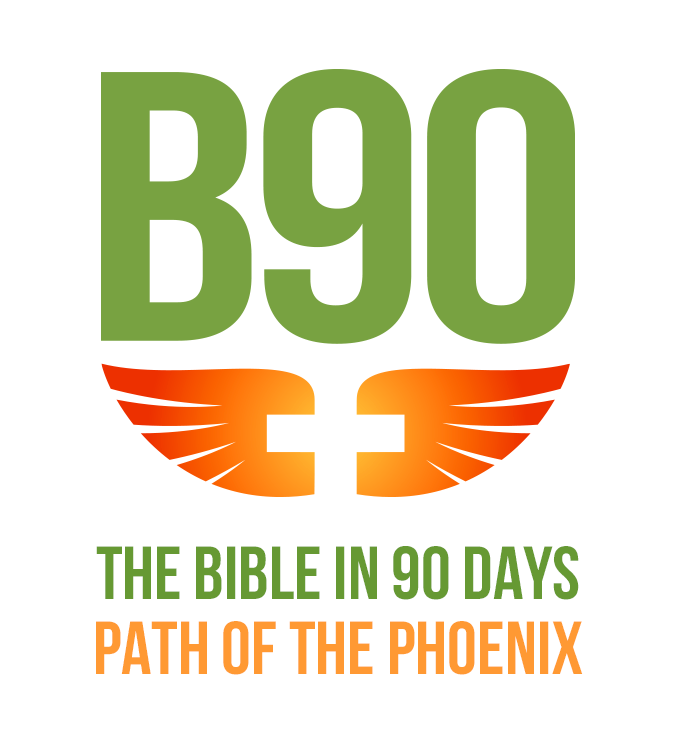
Pastor’s Corner – February 2020

Binge Reading…
…The Bible in 90 Days
What Bible Should You Read?
Sharing the Journey Together
Who Can Participate?
Find Out More on Sunday, February 23
Read more...
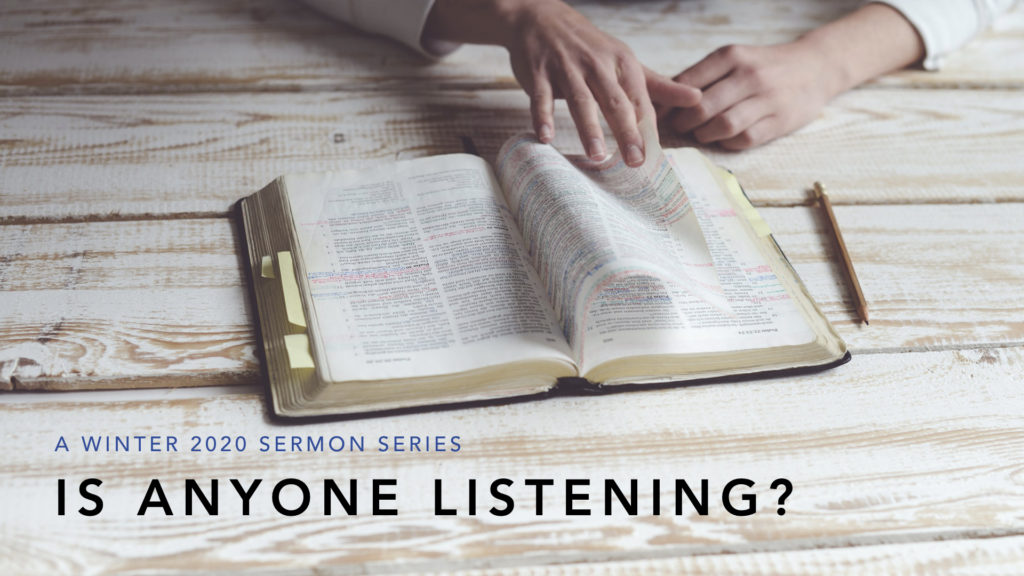
January 2020 Pastor’s Corner – Is Anyone Listening?

Is Anyone Listening?
Tuning In
I was in the Spirit on the Lord’s day, and I heard behind me a loud voice like a trumpet saying, “Write what you see in a book and send it to the seven churches, to Ephesus and to Smyrna and to Pergamum and to Thyatira and to Sardis and to Philadelphia and to Laodicea.” (Rev. 1:10–11)
The Word That Speaks
For the word of God is living and active, sharper than any two-edged sword, piercing to the division of soul and of spirit, of joints and of marrow, and discerning the thoughts and intentions of the heart. (Heb. 4:12)
Rev. David Garrison
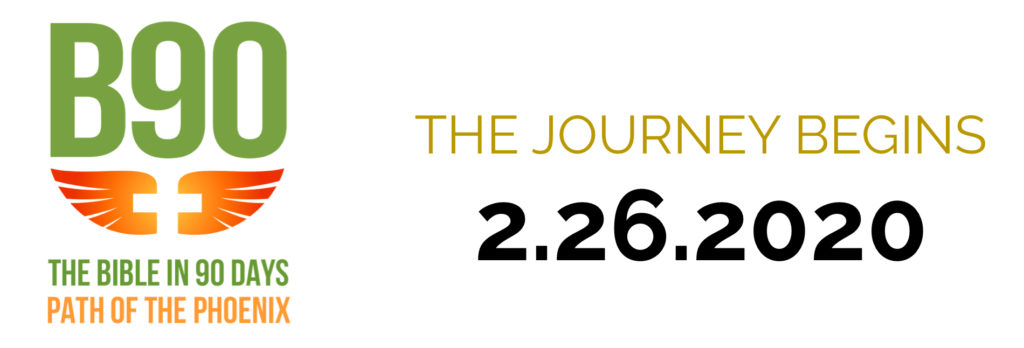
Read more...
